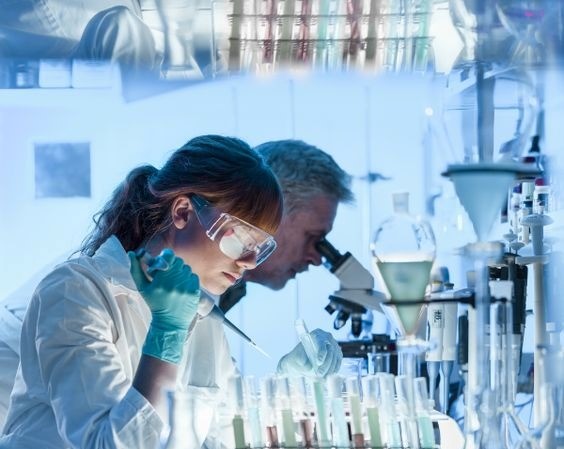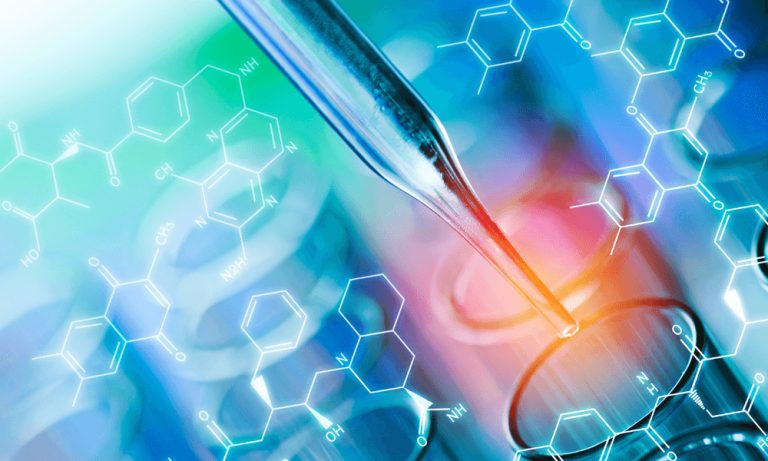Stem cells are specialized cells that can develop into other cells in our body. Modern medicine has made great progress in understanding the importance and potential of stem cells. These advances open up new possibilities in the treatment of various diseases and in tissue/organ transplants.
Stem cells are found in adults and in the embryonic period. In adults, stem cells are used to repair and replace aging, damaged or diseased cells in the body. These cells can be found in bone marrow, skin, brain and muscle tissue. Embryonic stem cells are found in the early stages of the embryo and have the potential to develop into different cell types throughout the body. For this reason, researchers are investigating the use of embryonic stem cells to produce healthy cells, especially for the treatment of organ damage or disease.
Stem cells have many useful applications in modern medicine. Some of these include:
Tissue and organ transplants: Stem cells can be used to repair or regenerate damaged organs or tissues. For example, for a patient with heart failure, stem cells can be used to repair or regenerate heart tissue.
Stem cell therapy: Bone marrow stem cell transplantation is used as an effective treatment for some blood disorders and cancers. Transplanting healthy stem cells to replace bone marrow cells damaged by chemotherapy or radiotherapy helps to produce new blood cells.
Neurodegenerative diseases: Research is being conducted on the use of stem cells in the treatment of neurodegenerative diseases such as Parkinson’s and Alzheimer’s. In these diseases, it is aimed to replace damaged nerve cells with new ones.
Wound healing: Stem cells can help skin wounds heal faster and reduce scarring.
Heart diseases: The use of stem cells in the treatment of heart diseases such as heart attacks and heart failure is being investigated. Transplanting stem cells into the heart to regenerate heart tissue is being considered.
However, stem cell research in modern medicine is still at an advanced stage and faces some challenges. The most important of these is ensuring that stem cells can develop into target organs in a controlled and safe manner. Furthermore, the use of embryonic stem cells can lead to ethical and legal controversies.
In conclusion, stem cells are a promising area of research in modern medicine. Their potential offers new possibilities in the treatment of various diseases and organ transplants. However, it is important to consider safety, ethical and legal issues. More research and development on the use of stem cells is expected in the future.



